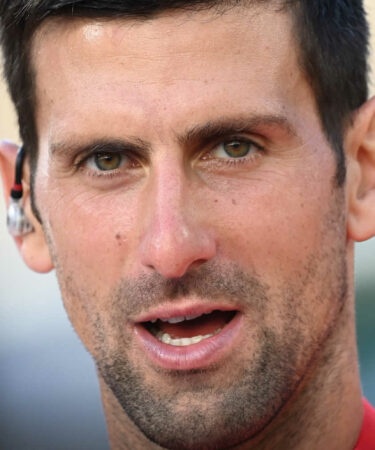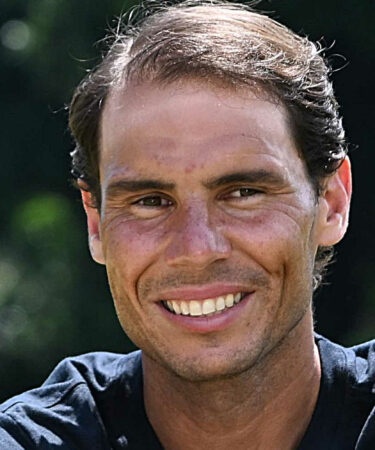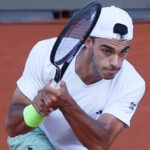The psychology behind tennis and poker: More similar than you might think
Both tennis and poker requiring competitors to figure things out on their own, making mental strength even more important than in team sports
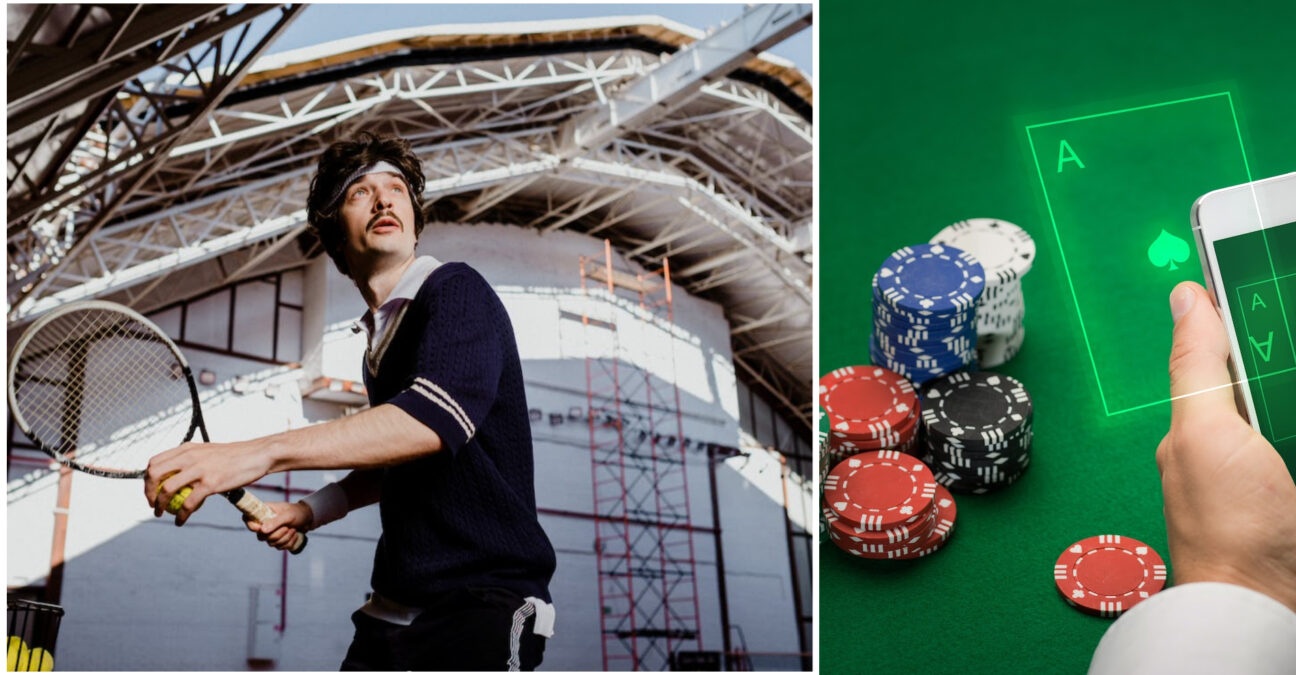 Tennis and poker | © Rights Reserved
Tennis and poker | © Rights Reserved
Sports and games have similarities, but one of the most frequent comparisons is between different types of sports and poker. Generally, the latter can be used even for explaining some casual situations in life, since it’s all about thinking, controlling yourself, making decisions, etc.
Poker rules can be applied in many sports, like football, basketball, and others, but there is one important nuance that makes the comparison between poker and tennis more valuable. Its nature: In both, the players are alone, unlike team sports, such as football, handball, hockey and so on. Even among individual sports, tennis is one of the most individualistic. Take the example of boxing, golf, fencing, weightlifting, and biathlon, where the coaches are allowed to advise the players.
In tennis, players are alone on the court with their racquet, thoughts and emotions, almost like in poker (there are cards instead of racquets). No coach can give directions (except from a distance), or some piece of crucial advice to the tennis players. Let’s dive into the topic and discover more about the common psychology in tennis and poker.
Strategy
Tennis players have their tactics, strategies and their style, which is very important. By watching and analysing the competitor’s previous matches, the athletes can make them vulnerable, planning a good strategy based on that. Poker doesn’t love the strategy, but adores it, although online gambling companies pushed the circumstances further, introducing crypto poker, which requires different strategies depending on whether you play with cryptocurrencies or not. Luckily, tennis has one way to be played; face to face and on the court.
Talking about the strategies, let’s not forget the importance of flexibility in implementing it, because the game changes and the opponent player changes their way of playing, so addressing the challenges at the right moment is crucial.
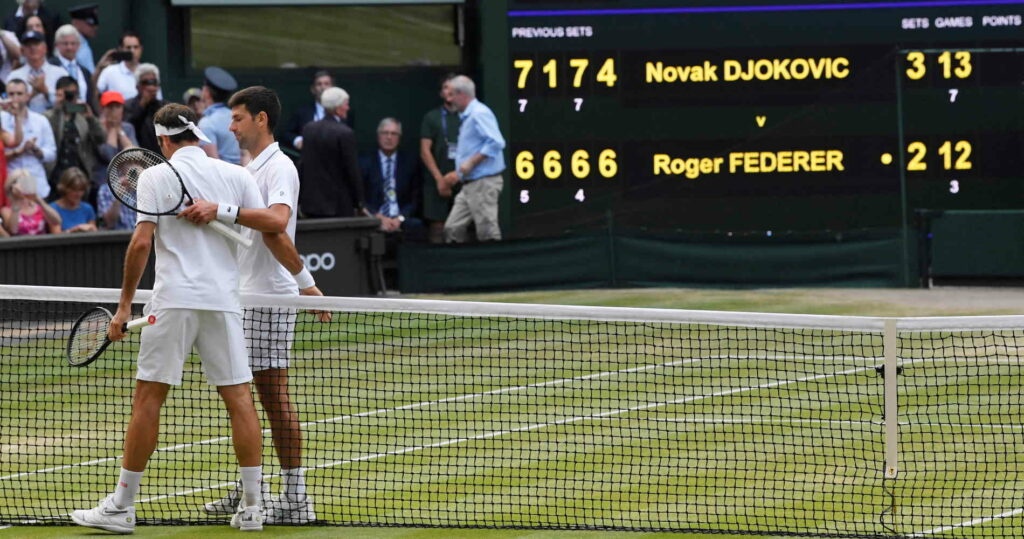
Emotions
An athlete’s internal confidence can change a lot. Remember Roger Federer‘s last Wimbledon final, where he was playing against Novak Djokovic, with the vast majority of the crowd on Federer’s side. They played almost five hours under pressure and after winning the title, Djokovic explained how tough it was emotionally: “One thing that I promised myself coming on to the court today, was that I need to stay calm and composed. I knew that the atmosphere would be as it was,” said Djokovic.
Same as in poker, losing in some parts of the game is not enough to lose hope of overcoming the competitor(s) and taking home the trophy. One of the more amazing examples of this in tennis is Rafael Nadal, especially in a five-set match. He is an emotionally well-balanced player, indeed, but let’s not forget that he works hard on that. Self-control is a continuous improvement in all areas.
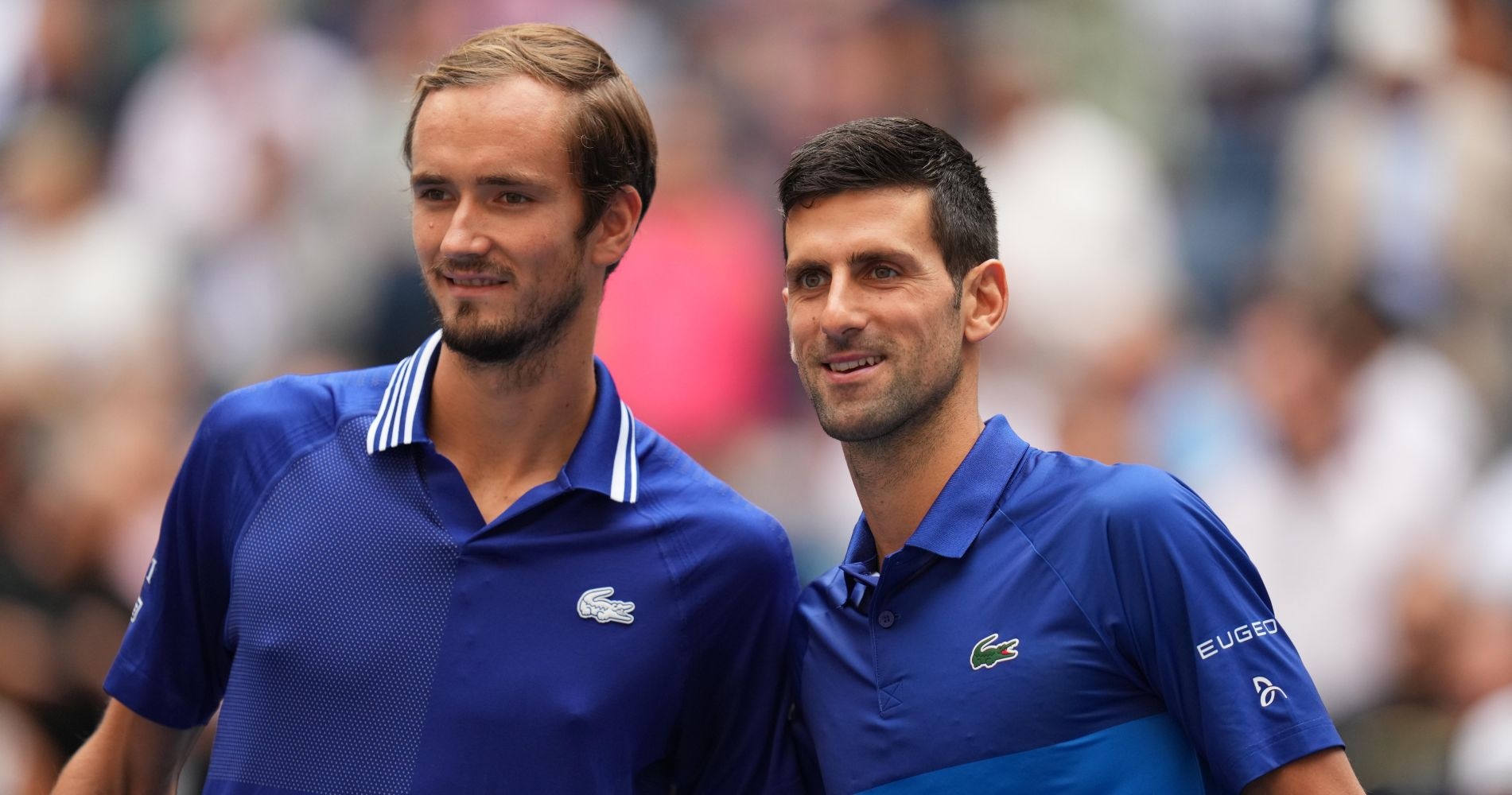
Thoughts
This is the subcategory of emotions. In sports and games, everything is possible, and we all know that one player cannot win all the games. Losing is part of an experience, but it’s good not to change the mindset after the defeat. Giving an interview after losing the match against Novak Djokovic, Daniil Medvedev sounded pretty confident and positive when he said: “I know that I can beat Novak”.
Any tennis player can double their chances by having a strong mental attitude. This is what winners are famous for, and this is what makes them leaders. Have you heard of the phrase: “thinking about thinking”? The best tennis players and the most successful poker aficionados know how to control their thoughts and develop self-awareness.
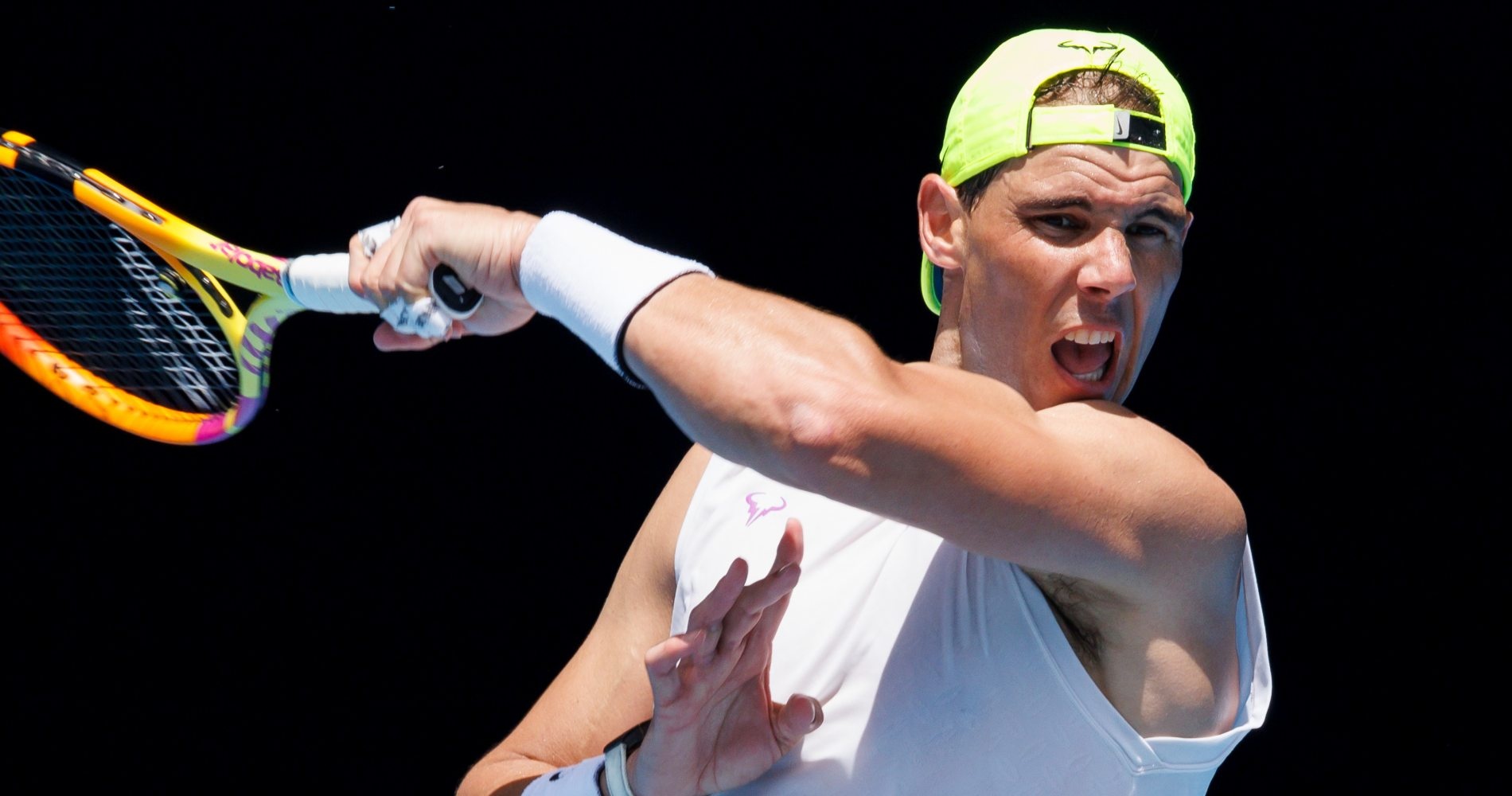
Focus
There are so many distractions in life, and in sports and games. One person yelling from the audience can disturb the sportsmen, and one gesture from their opponent can confuse the poker players. One golden rule must be remembered; focus on your business.
Players have their methods for fighting distractions. One may switch off the brain from reality and move into the game, others may evaluate those things as natural, and see no reason to concentrate on secondary things. Djokovic could play against Federer under the pressure of the crowd and convince himself that those people are chanting “Novak”, not “Roger”.
The attitudes are different, but those who can concentrate on the right things have higher chances to win both in tennis, poker, and all other games. Being patient and focused can be rewarded since those mental strengths can put any player on top of the pyramid of the GOAT list. In tennis, Federer is an exceptional example of how the classic player can change the whole era of the sport, become an icon and one of the most loved sportsmen of all time.
Sports and poker share similarities in strategy, self-control, and decision-making. Both demand adaptability and emotional resilience, especially under pressure. Tennis, like poker, is an individual game requiring players to rely solely on their skills and strategies. Notable examples, such as Novak Djokovic’s composure in Wimbledon 2019, highlight this connection. Explore the best poker rooms with exclusive rakeback promotions for an elevated experience.
